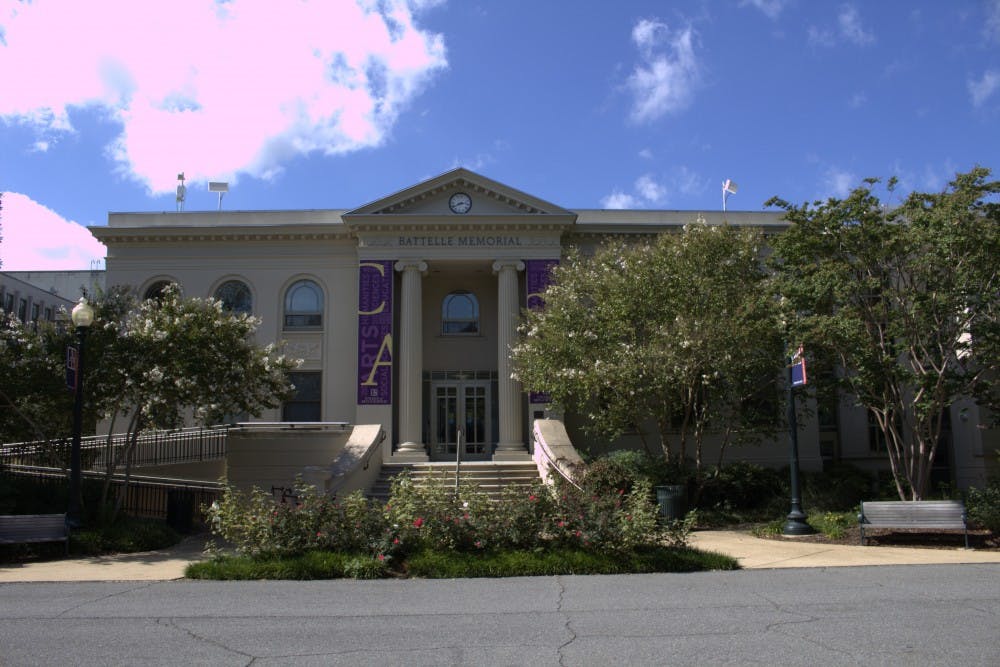American University’s College of Arts and Sciences gained a new linguistics minor this semester. The minor is 18 credits in total, earned through four core classes and two electives.
Amelia Tseng, an assistant professor of Spanish and Linguistics in the Department of World Languages and Cultures, helped craft the new minor. She said in simple terms, linguistics is the scientific study of language, but that there is much more to the field than meets the eye.
“I think about language as sort of like the air around us, or like water to a fish — it’s everywhere,” Tseng said. “We need it for everything we do, but it’s somehow kind of invisible to us. Linguistics helps [us] to … understand how language is central to how the world works and what makes society tick.”
Though Tseng has only been at the University since 2018, she said there has been student interest in a linguistics program for over 20 years. She said she’s enjoyed working with AU students because they’re passionate about using critical thinking to solve social problems, and that linguistics complements these traits.
“Understanding language as part of society and part of humanity is actually not incidental to but absolutely central … to understanding the world that we live in and helping to solve some of the problems that we face, and making the world into the place that we would like it to be,” Tseng said.
Catherine Weeks, a sophomore in the Linguistics program, said she sees this application of linguistics within her broader program of study.
“In the future, I’m looking into maybe combining computer science and linguistics and working on natural language processing or things like that,” Weeks said. “That involves studying the use of language and combining that with other programming skills.”
Weeks gave examples of technologies that use language processing, such as Siri and ChatGPT.
“That’s why I decided I think it would be a good minor,” she said. “I don’t know if I’ll necessarily go into it, but worst case scenario I get to study something that I really love.”
Weeks has been interested in languages since she started learning French the summer before she began high school. Since then, she has also studied Mandarin Chinese, Korean and Italian.
For Weeks, the new minor could not have come any sooner. She said she considered transferring to another school where she could study linguistics until she learned last spring that the minor would be offered at AU. This semester, she’s taking her first class of the minor: Principles of Linguistics, taught by Tseng.
Similar to Weeks’ studies, Tseng emphasized the compatibility of the minor with a wide array of majors across AU.
“Our goal with the program is to give students who are interested in linguistics an avenue through which they can explore that interest,” Tseng said. “They can find out more about linguistics in general, but they’ll also see ways in which it's connected to their other interests that they have in their other classes and things that they want to do after graduation.”
Looking ahead, Weeks hopes the minor can expand to a major. Tseng added that while the minor is just getting started, it comes at a very important time for the AU community.
“Now more than ever, at a time of unprecedented global change, migration, conflict, peace efforts, technology and the lingering consequences of colonialism, understanding language as essential to humanity, diversity and society is key to building the world that we want to see.”
This article was edited by Maeve Fishel, Jordan Young and Abigail Pritchard. Copy editing done by Isabelle Kravis and Luna Jinks.





